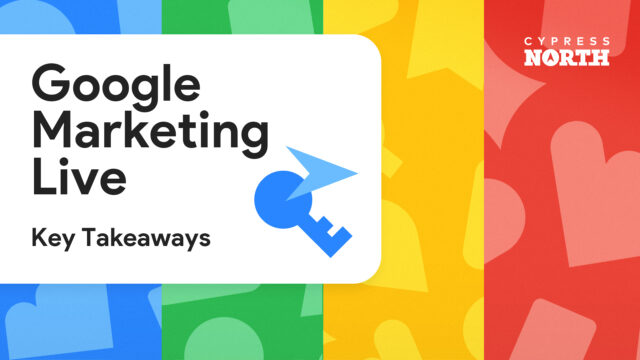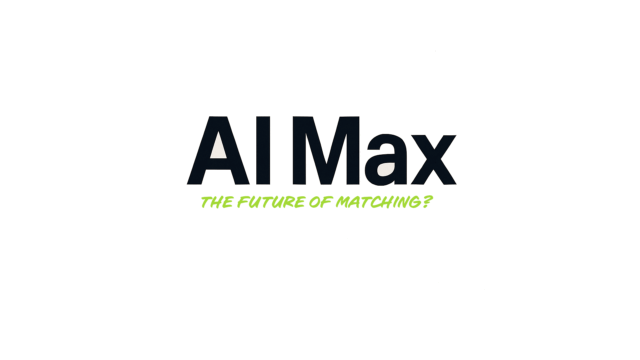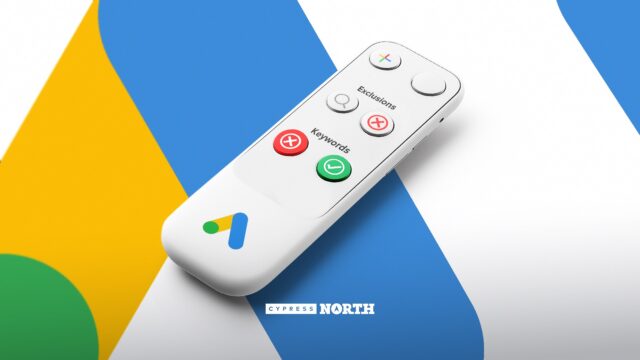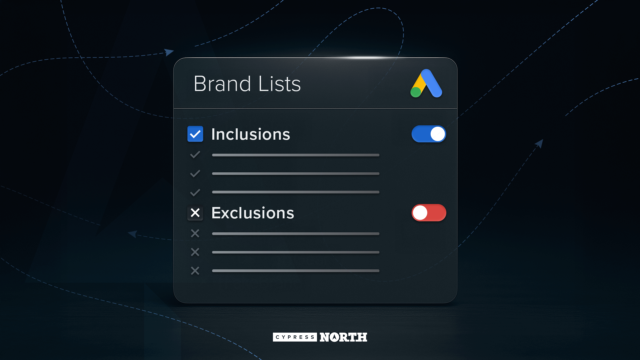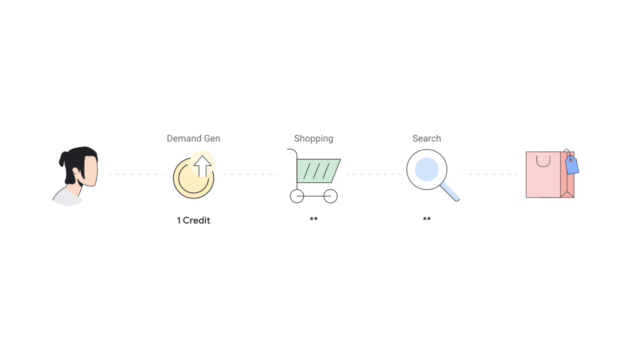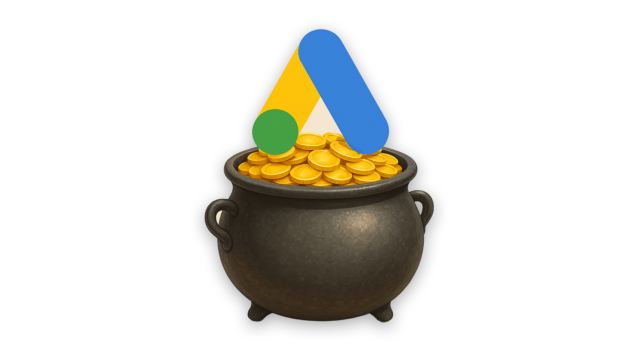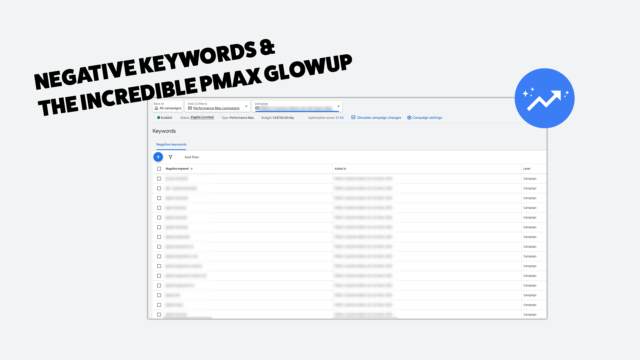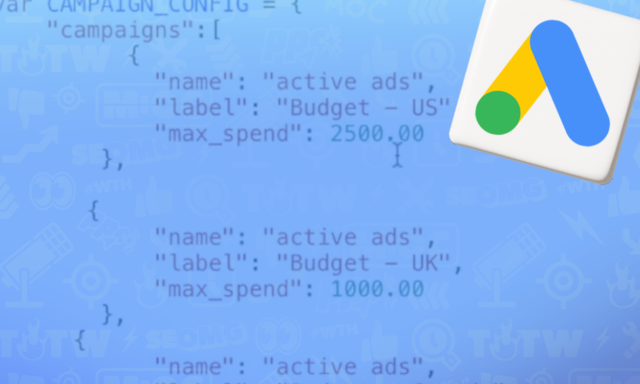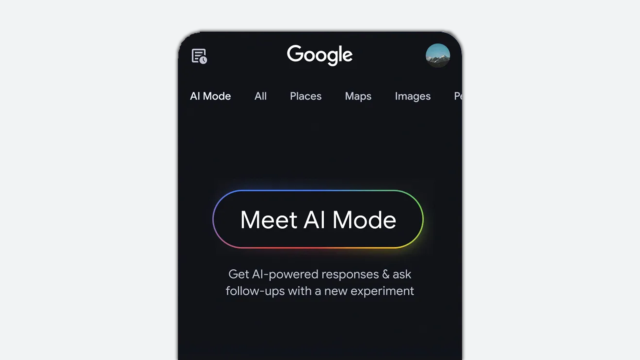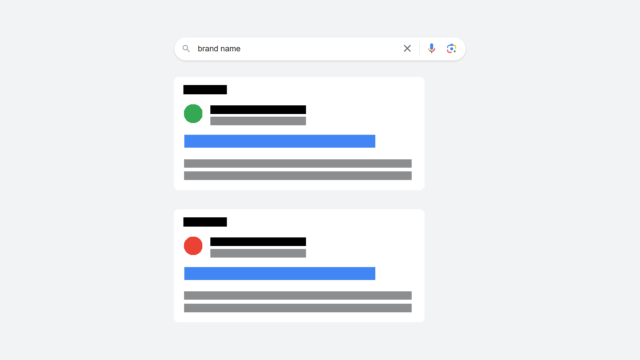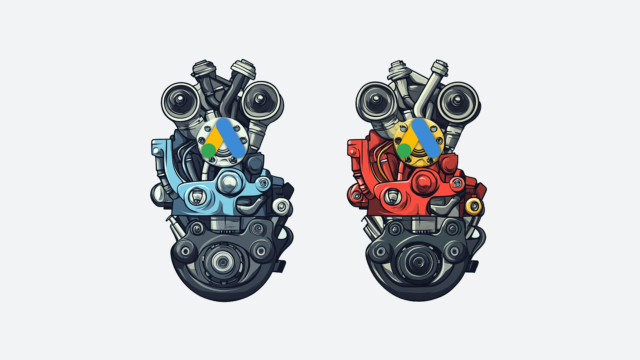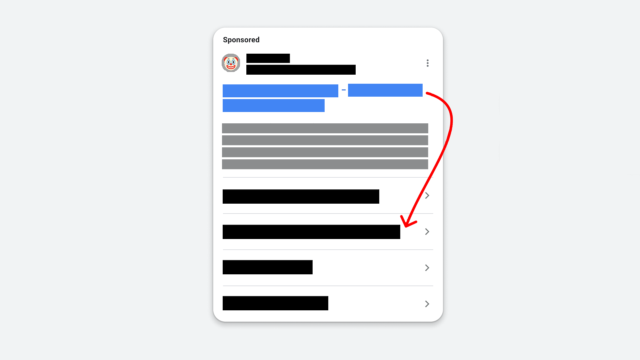What AI-Driven Search Means for the Future of Publishers

Publishers won’t want to hear this, but they need to… because it’s time to face reality on reality’s terms.
Last week, Google had an event for marketers – Google Search Central Live NYC 2025 – that featured lots of stats, charts, and metrics. They offered some hope, especially for small publishers.
Hi, I’m Greg. And I’m here to shatter that hope.
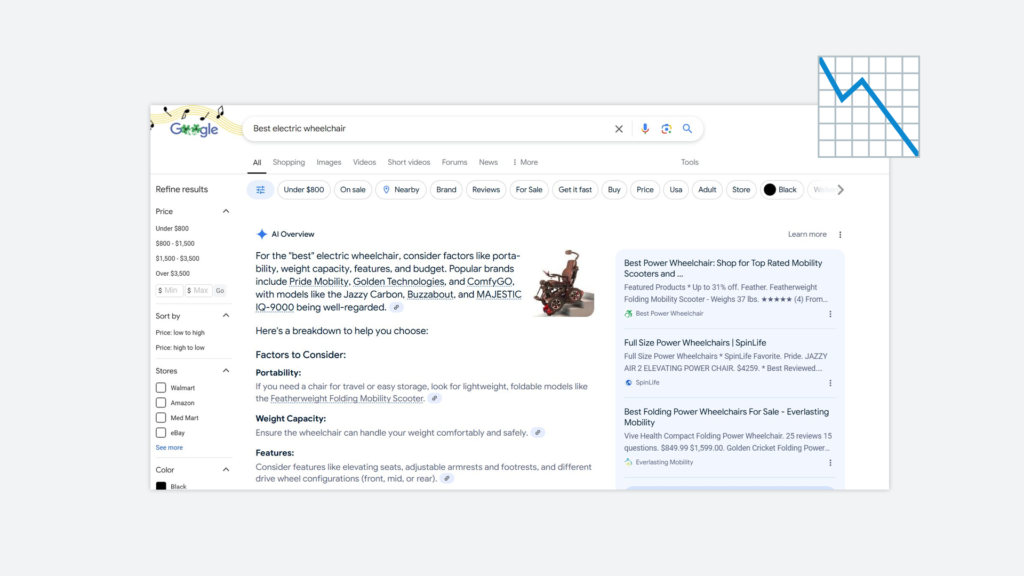
Sorry, Independent Publishers, Help Isn’t Coming (From Google at Least)
I don’t see a path forward for ad-supported publishers that rely heavily on search engines for the majority of traffic and, by proxy, revenue. All the hope and “we need to get better” talk from Google won’t be enough to survive if your business is reliant on the search giant.
Last week, we saw the gut-wrenching test of Google’s AI Overviews (AIOs) using citations to drive searchers over to yet another Google Search.
I wonder why Google Search is growing?
Google AI Overviews: Like opening a door just to find… another door. 🚪🔄#digitalmarketing #digitalmarketingnews #digitalmarketingpodcast #paidadvertising #ppc #googleads #aioverview pic.twitter.com/W0VuLsv7Hb
— Marketing O'Clock (@MarketingOClock) March 21, 2025
Despite Google claiming that AIOs help drive traffic to more sites, I’m not convinced. Reports (and my own personal observations) show otherwise.
As a kid, I remember reading “The Emperor’s New Clothes” and thinking no one could be foolish enough to believe something so obvious. As an adult, I’m shocked at how often we’re given complete BS and people just accept it.
Even if independent publishers see an increase from Google, AIOs will make sure you never get back to previous traffic levels.
AIOs and Zero Click
We know there’s been an uptick in Google properties shown. However, Google has yet to show any data from this trend, which suggests the data is bad. With Google driving more traffic to its own properties, the reality for publishers is grim.
Now, this isn’t a death knell for businesses. But as Google continues to answer more question-based queries and direct traffic to its own properties, the traffic that it disperses will go down. They can’t publicly say this, but sites that rely on Google or search engine traffic for ad revenue will likely face challenges.
It’s important to note that this is mostly an issue for sites that need search engine traffic for ad revenue.
Other sites will likely still be fine as AIOs don’t yet sell goods or services. Those commercial queries will still be needed, but my educated hunch is that traffic will drop.
The recent test of sending AIOs to more Google searches is especially problematic because it’s deceptive.
In the example spotted, an AI Overview showcases popular brands with links to each, but these links send users to another search. As a company that pushes user experience to its minions (webmasters,) Google fails to see why this type of navigation is a bad idea.

The Rise of Zero-Click Searches
I believe zero-click searches (where clicks are not counted unless they lead to Google-owned properties) will continue to rise. It’s time to face the truth.
I tried to give a brief statement as if I were on the Google comms team and was fed a healthy dose of truth serum:
Putting GregGPT into direct mode here:
— Greg Finn (@gregfinn) March 21, 2025
If you are a publisher that is ad-supported to generate revenue - Google and other search engines should be a low focus (low = <20% of revenue source) for your business. Use your knowledge, expertise and accumen to create things that can be…
The good thing? You still have time to adjust, evolve, and grow.
Just don’t expect your organic Google traffic to.
Interested in reading more about Google’s AI-driven search? Check out my blog about the recently announced AI mode.
Meet the Author

Greg Finn
Greg is the Head of Performance and Innovation for Cypress North's digital marketing team and one of the founders of our agency. In 2010, he and Matt Mombrea started Cypress North in Buffalo. Greg oversaw the opening of our second office in 2022, located in his hometown of Rochester.
As Head of Performance and Innovation, Greg co-manages our digital marketing department and works closely with our team to ensure all our clients achieve the best possible results. He is always looking for ways to test new digital marketing techniques and technology, and oversees all teaching and training efforts to ensure our agency stays ahead of the curve.
Greg is also a co-host of our weekly Marketing O'Clock podcast, where he and the team provide updates, insights, and hot takes on the latest SEO, PPC, and social media marketing news. In addition to weekly news shows, Greg hosts our Marketing O'Torial digital marketing tutorials and often co-hosts bonus Marketing O'Talk episodes that bring together panels of digital marketing experts.
With nearly two decades of experience, Greg is a known and trusted voice in the digital marketing community. He’s a contributor for Search Engine Land, a member of the Search Marketing Expo (SMX) programming team, and has been a featured speaker at some of the largest search engine conferences, including SMX, eSummit, and Pubcon.
When he’s not working or staying updated on the latest trends, Greg enjoys watching his kids play sports and coaching their soccer team. He’s been named the runner-up “Greg of the Year” on Marketing O’Clock’s annual Clockscars Awards four years in a row. While the coveted award has evaded him for many years, Keanu Reeves has not. Greg once saw him at Gabriel's Gate tavern in Buffalo (and noted he was very tall.)


